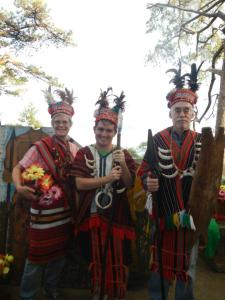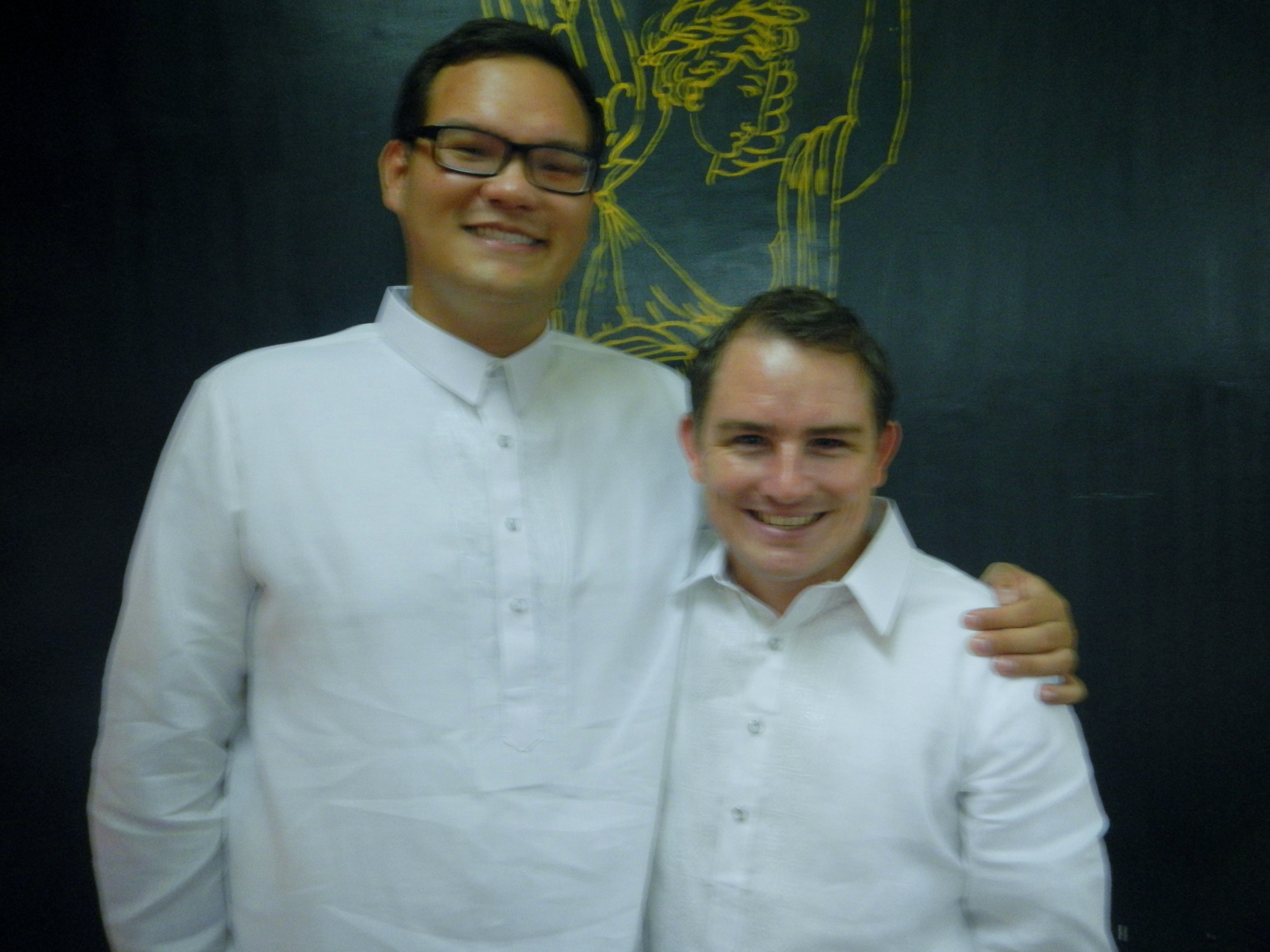When I joined Peace Corps, I thought I had it all figured out. I did my due research, spoke to current and returned volunteers, and attended Peace Corps information sessions… I thought I knew all the answers. But nothing can prepare you for that moment you walk off the plane and all of a sudden you are thrust into a new world, different culture and language, and a whole new way of life. Looking back on it now, I realize that nothing can fully or truly prepare you for the “realities” of your service. I was ready to hit the ground running, I had so many project ideas and things to offer but quickly I realized the virtue and value of patience.
There is no possible way in Peace Corps service to rush into projects. It takes the building of trust and relationships, understanding the needs of your host organization before you can truly begin your work. Many volunteers before me said, it will take 5-8 months before you really get started. I thought it could have been quicker for me, but then, as I got to site, understood the virtues of that patience and why it can take so long. Peace Corps is build on the foundation of sustainability, that projects must last beyond the lifecycle of the volunteer. That means waiting, taking the time to figure out the true needs of an organization and how they want to approach a project. It is an exercise of patience and trust, but one

of the most important you will ever have.
Looking back on an email I sent when I first got to site, I had these grand dreams and elaborate visions for what I could and wanted to achieve. Sure, they definitely still hold true, there is a lot I want to accomplish, but after 5 months I have realized it is not my directive but my organizations that will drive what I will accomplish. Let me be clear though, Peace Corps is built very much on a self-starter foundation, meaning you may or may not have direct contact with your supervisor on a regular basis. Peace Corps check-ins are monthly via phone and usually annually in person. So, you are your own advocate, job-maker. Both Peace Corps and your organization expect you to take the initiative to find your work and how to fulfill your work plan, so you must be a self-starter.
Small becomes big. By this I mean, in my first 5 months at site, I have done a lot of projects of various different sizes. However, to date, I wouldn’t yet call any of my projects “major” as it takes that Peace Corps patience and determination to keep them driving and moving forward to sustain. They are often not big, because these smaller scale projects give me the opportunity and chance to understand my host organization, how they operate, and how I can fit into the picture. And most importantly, they are small because they are needed. Many of the projects I have accomplished so far have been critical in the daily or overall operations of the organization, they are very necessary and a great way of building a foundation for bigger projects. More than projects, Peace Corps is about building relationships and the initial process is just that. These projects have allowed me to get to know not only my organization better but also the people in it.
That patience can be a challenge as much as a virtue. You are a Peace Corps volunteer 24/7 for 27 full months and that patience extends to all aspects of Peace Corps life. This includes the social life. When you are placed in an unfamiliar land and different culture, it takes a large effort to understand how the culture operates and that can be a challenging experience. It can be difficult to meet people, build a level of trust and subsequently friendship. There is a chart of emotions during service, and I remember looking at it and within the first year, there is a feeling of loneliness and isolation component that fits perfectly in the “emotional rollercoaster” that is Peace Corps. It happens to the best of volunteers, and when you experience it you aren’t alone. Whether you are in a rural town or big city, the initial transition can be a challenge. Beyond the isolation, that patience can lead to boredom. What do you do with the extra free time? It takes a creative mind to find that outlet, whatever it may be. But in the end, it only makes you stronger. You realize what you can do, that you can talk to almost anybody, and gives you a newfound self-confidence.
I saw that the first of next year’s batch has begun to receive their invitations to serve in Peace Corps Philippines next year. So I naturally was drawn back to my pre-service days and where I am now…and what the difference is between then and now. So I think I have found the difference is not much, I knew going in patience would be the biggest virtue and it is keeping that mentality and knowledge that the best things are yet to come that drives the work I keep doing. There is also a weird feeling that I soon will no longer be the newbie, transcending into the veteran, a role that is both scary yet embraced. Do I know enough now that I can instill into my future co-volunteers? I like to think so, but every service is so different and every day so different you continue to learn things about volunteering and yourself that you are different from the beginning than you will be at the completion of service. So as a volunteer that answer will continue to change as you learn more, but in the meantime: yes, I know enough that supporting and encouraging your fellow volunteers, being the Peace Corps Philippines volunteer family is what drives and sustains us through the two years, because no matter how different our services may be, we are all in it together.

Ben, that is a wonderful description of our first five months. I hope that the new batch gets a chance to read it! Kathy